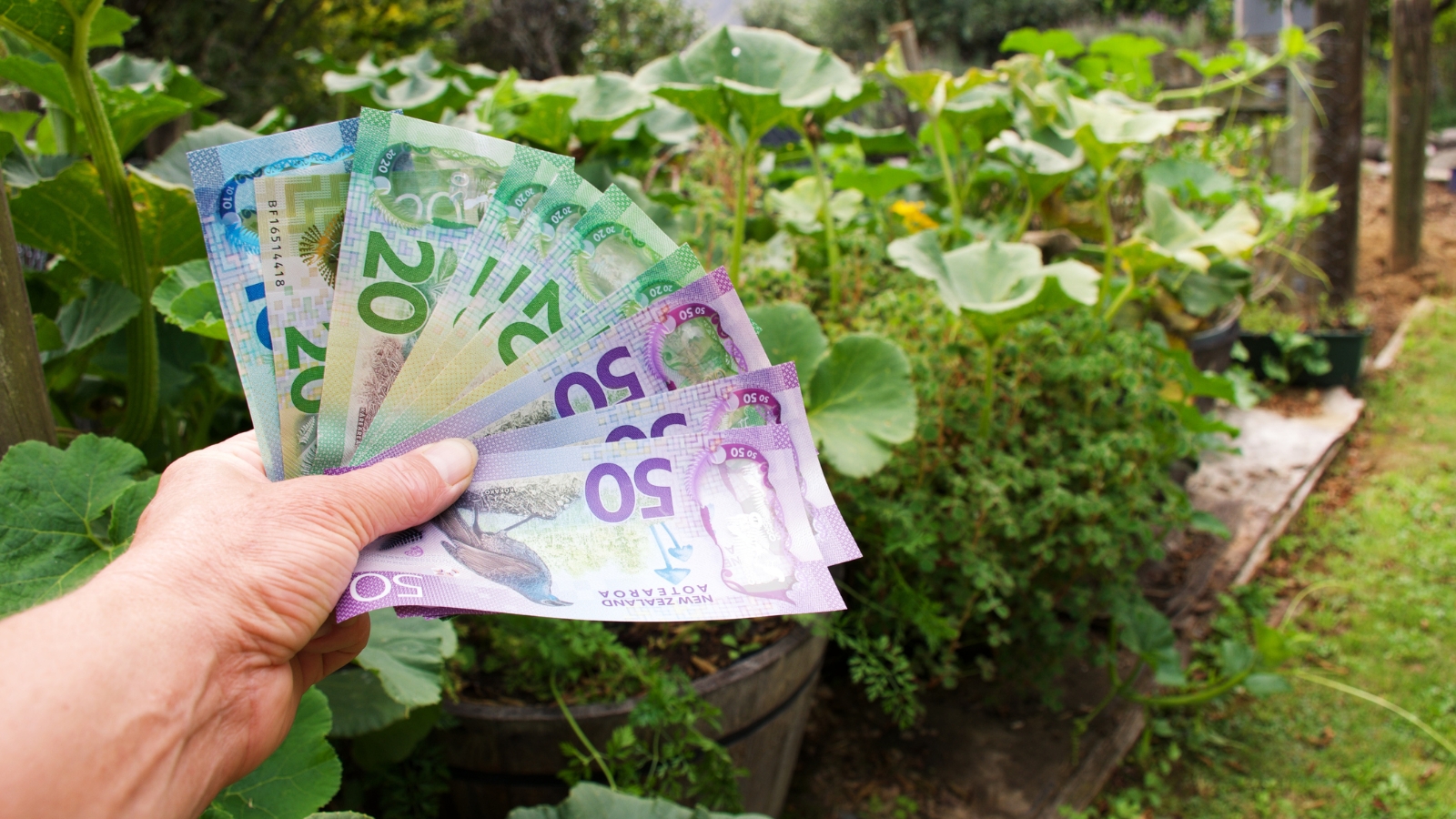Buying guide
What is inflation in NZ
The New Zealand economy has been struggling with inflation - find out what inflation is and what it means for you.

You’ve probably seen the word in the news, heard it in conversations and even experienced it at the supermarket. In fact, it’s hard to go anywhere in Aotearoa New Zealand without being affected by it.
That is, inflation.
This economic term describes a phenomenon that affects the lives and livelihoods of every Kiwi every day (and billions of people all around the world). But what exactly is inflation and what causes it?
What is inflation anyway?
In the words of Aotearoa New Zealand’s Reserve Bank, “Inflation is a term used to describe a rise of average prices across an economy. It means that money is losing its value.”
In other words, inflation is when everything gets more expensive and you’re able to buy less stuff. This can make life a bit harder - for some, it may mean that it’s hard to make ends meet, for others it may mean cutting back on luxuries like travel.
Inflation is measured by assessing the change in a basket of goods and services that may be purchased by an average New Zealand household. The percentage change in the price of this basket of goods is known as Consumer Price Index inflation, and is reported on by Stats NZ quarterly and annually.
You may notice inflation everywhere - espcially at the supermarket.
How does inflation affect us all?
Apart from making everything more expensive, inflation has a number of negative effects:
- Inflation can reduce the value of investments. For example, if inflation is at 7% and your investment is returning 6% a year, the value of your money will still be decreasing by 1% per annum. No bueno for future you.
- If inflation sticks around for too long it can discourage long term investment in businesses, which can decrease productivity.
- High inflation may go hand in hand with high interest rates. That’s because the Reserve Bank uses high interest rates to reduce people’s disposable income, which decreases demand in the economy and thus reduces inflation.
Inflation is bad for people but it’s also bad for the economy. It can deepen booms and busts and periods of high inflation are often followed by recession. For that reason the Reserve Bank uses monetary policy and the OCR to keep inflation between 1-3%.
What causes inflation?
There are generally two causes of inflation: demand-pull and cost-pull. Cost-pull inflation happens when there’s an increase in the cost of producing goods and services. This could be due to an increase in the cost of raw materials, like oil or precious metals, or because of an increase in the cost of labour.
Demand-pull inflation happens when there’s a strong consumer demand for a product or service. If this demand continues the supply of the goods and services become harder to get, and as a result consumers are willing to pay more.
What was inflation in 2024 NZ?
In December 2024, New Zealand's annual inflation rate was 2.2 percent, according to figures from Stats NZ.
This was based on a comparison with the December 2023 quarter and marked the second consecutive quarter that the annual inflation rate was within the Reserve Bank of New Zealand's target range of 1 to 3 percent.
Inflation means your money may not go as far as it used to.
Inflation forecast for 2025/2026 NZ
Based on forecasts from the Reserve Bank of New Zealand (RBNZ) and other economic data, New Zealand's inflation is expected to move toward the central bank's target of 2% by mid-2026.
Here is a breakdown of the forecast for 2025 and 2026:
2025: Inflation has shown fluctuations within the RBNZ's target range of 1 to 3 percent. Annual inflation was 2.5% in the March 2025 quarter and 2.7% in the June 2025 quarter. The RBNZ expects headline inflation to rise to 3.0% in the September 2025 quarter before declining.
2026: The RBNZ projects that headline inflation will return to around the 2% target midpoint by the middle of 2026.
*We hope this article has provided some helpful information. It's based on our experience and is not intended as a complete guide. Of course, it doesn’t consider your individual needs or situation. If you're thinking about buying or selling a property, you should always get specific advice.
Author







